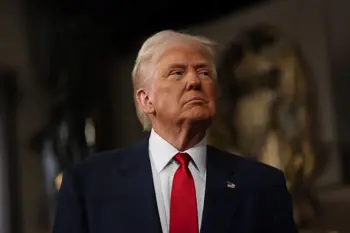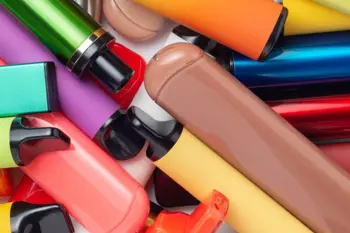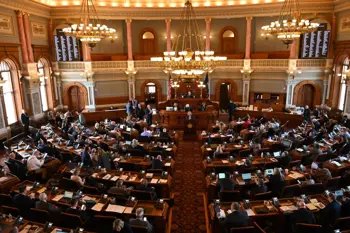Our selection of cannabis products is expanding faster than vapers and gummy lovers can keep up with. From delta 8 THC to obscure cannabinoids like THC-H, hemp derivatives are ruling the contemporary weed marketplace.
The 2018 Farm Bill opened a legal loophole that was never available before. While delta 9 THC is federally classified as an illegal Schedule I drug, hemp and all of its contained compounds are legal to produce and sell in the United States.
Early on, we saw the rise of cannabinol (CBD) and delta 8 THC. Delta 8 products, in particular, are psychoactive and offer a similar experience to old-school delta 9 THC. They were swiftly marketed as a substitute for marijuana. Now, D8 vape carts and D8 gummies are a popular way for cannabis users to enjoy the familiar effects with fewer legal barriers.
Tetrahydrocannabutol—commonly abbreviated to THC-B or THCB—became available from hemp retailers only recently. You’ll find it in the form of vape carts or gummies, though some tinctures are also available. THC-B is occasionally blended with other hemp cannabinoids, including HHC, delta 6, anddelta 10 THC.
What is THC-B?
THC-B is a rare but naturally occurring cannabinoid (phytocannabinoid) that is thebutyl homologue of tetrahydrocannabinol, or THC. It appears to exist in cannabis in trace quantities even lower than THCV.
Delta 9 THC and THC-B possess a very similar, but not identical, chemical makeup. Like other homologous phytocannabinoids, they may produce similar effects when consumed.
Where delta 9 THC has a pentyl (five-carbon) side chain, THC-B is equipped with a butyl (four-carbon) chain. A shorter side chain can translate to weaker binding affinity with the body’s cannabinoid receptors, but in this instance, THC-B seems to bind readily to CB1 and CB2 receptors. In fact, its binding affinity is comparable to that of delta 9 THC.
Although scientific literature on THC-B is scarce, it has been better studied than cannabinoids like delta 11. Much of this research was performed by the same team that discovered THC-H and THCP.
Chemists suspect that THC-B has anti-inflammatory or analgesic characteristics. Research into this claim is limited, but a 2020 study performed on mice had promising results. We’ll need more evidence to confirm this link and see how it applies to human users.
There’s even reason to believe that THC-B might help manage COVID-19. It performed better than other minor cannabinoids used in the study, including THCV, THCP, and a range of others. While this certainly doesn’t mean you should consume THC-B products instead of following medical treatment, it's an interesting discovery worth exploring further.
Does THC-B get you high?
Yes, anecdotal claims point to THC-B having an intoxicating effect. This is backed up by our understanding of how THC-B interacts with the endocannabinoid system.
Like other trendy cannabinoids, you’ll find extreme and often contradictory claims about its potency. It’s true that we have some understanding of THC-B’s binding affinity—more than we have for several other cannabinoids—but we don’t have any research into its effect on human users. In other words, it’s impossible to gauge its strength with true certainty.
What are the effects of THC-B?
Most of the trace cannabinoids we’ve been introduced to are great for recreational consumption, and a few show medicinal potential. THC-B appears to fall into both categories.
The compound acts as a partial agonist of the endocannabinoid system’s CB1 receptor. It may aid in pain relief or help reduce inflammation, but our only research into this was performed on mice. It’s up in the air whether THC-B will provide effective pain relief in humans, and how significant those effects will be.
As we mentioned earlier, vaping or ingesting THC-B will get you high. Despite its promising medicinal applications, it’s marketed commercially only as a recreational cannabis product.
Is THC-B safe?
Based on our current knowledge, we have no reason to believe that THC-B is unsafe to consume. Just keep in mind that this cannabinoid hasn’t undergone much research yet.
Unless you buy from trusted retailers with transparent safety testing, any hemp product has the potential to be unsafe. Always check for third-party testing information before purchasing THC-B products. If you can’t find testing results, find a different retailer.
THC-B vs delta 9
It’s still too early to say whether THC-B is more or less potent than delta 9 THC.
Some sellers are insistent that THC-B has a similar potency to delta 9 or even THCP, which may bind 33 times as effectively to CB1 and CB2 receptors in the human body. This assertion has yet to be proven through research—but there probably is some merit to high potency claims, as we’ve covered.
The big difference between THC-B and delta 9 THC is obvious: legality. While naturally occurring THC-B is found scarcely in hemp, manufacturers are able to use heat or chemical catalysts to produce it in a lab. Hemp products are protected under the Farm Bill and THC-B qualifies as one.
Delta 9 THC is federally illegal. If accessibility is your main concern, you may prefer to use hemp-derived products, such as THC-B carts or edibles.
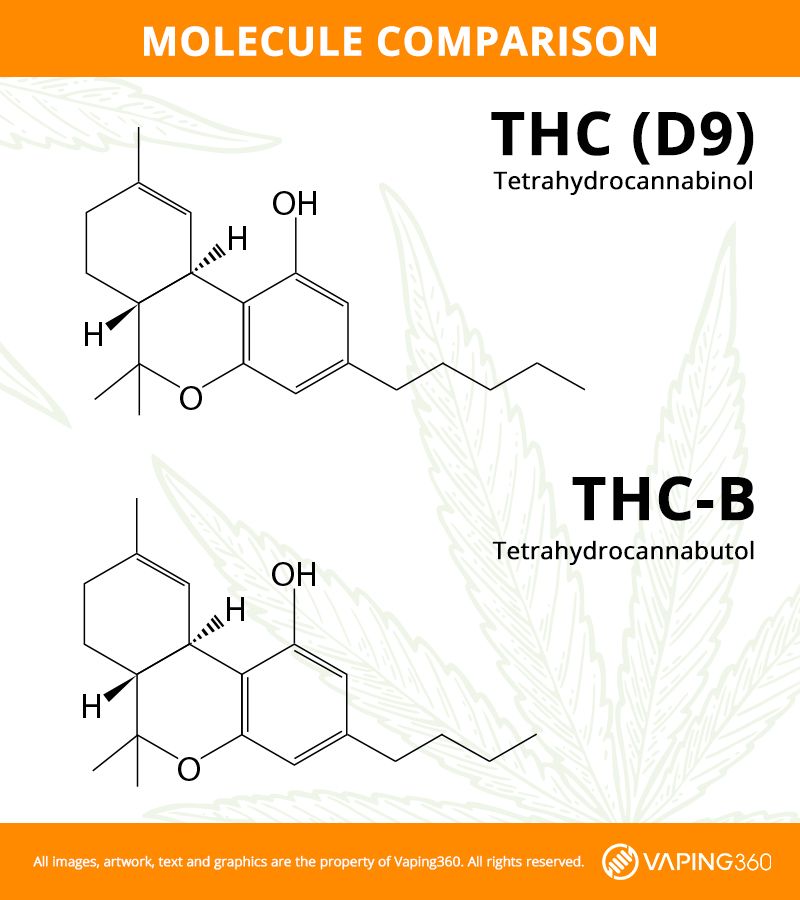
Will THC-B show up on a drug test?
It’s in your best interest to stop all cannabis use before a drug test, whether you’re consuming hemp or marijuana products. From what we can tell, there’s a pretty good chance that THC-B will trigger a positive result.
Cannabinoids don’t last in our bodies for long in their original form. They’re processed by the liver and turned into metabolites, which is exactly what drug tests are seeking out. You just need to have enough of the THC-COOH metabolite in your system.
We already know that delta 9 THC and delta 8 THC are converted into THC-COOH, but research into other cannabinoids is limited.
Surprisingly, we have some research into how the butyl homolog of THC is metabolized. A study from the late 1980s suggests that THC-B is metabolized similarly to its delta 9 counterpart.
It's in your best interest to avoid all cannabinoids before a drug screening, even if you can’t find details about their metabolization. Still, THC-B seems like one that you should stay far away from.
Is THC-B legal and where is it sold?
Yes, THC-B is considered a legal hemp-derived cannabinoid under the Farm Bill. Like other hemp products, THC-B carts, gummies, and tinctures must contain less than 0.3% delta 9 THC.
Check up on your state laws before purchasing THC-B products. While they’re permitted on a federal level, states have the final say in the production and distribution of hemp. For perspective, several U.S. states have limited or banned delta 8 THC and other hemp-derived cannabinoids.
You can find THC-B products from several trusted retailers online. Before making your purchase, check the website’s header, sidebar, or product description for third-party testing results. Never consume edibles or vape oil that hasn’t been proven safe.
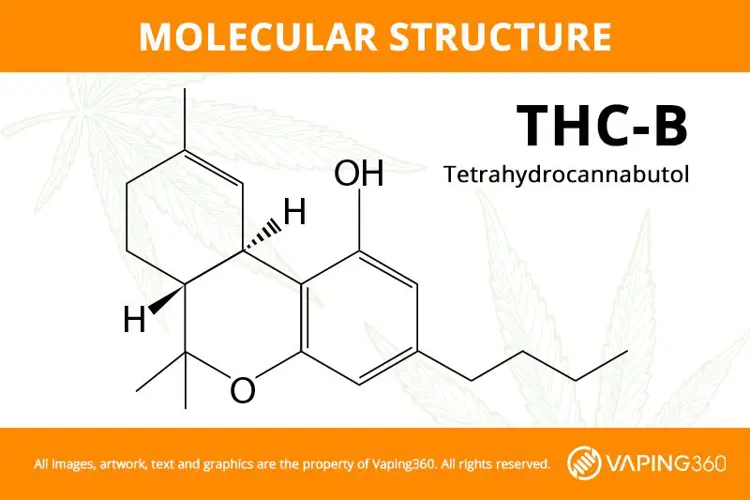

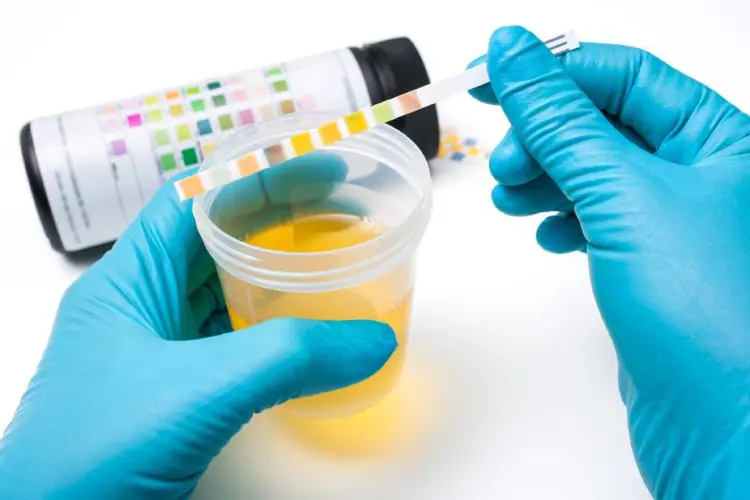
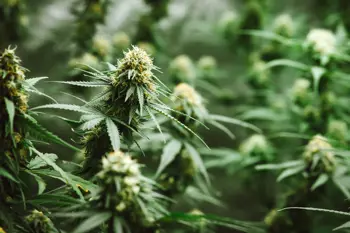
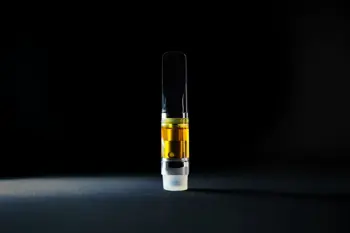
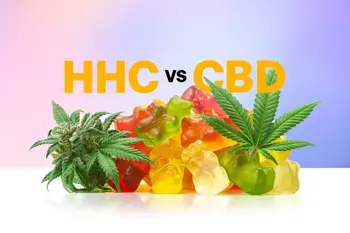
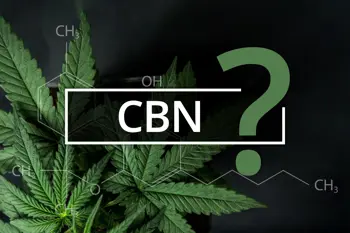
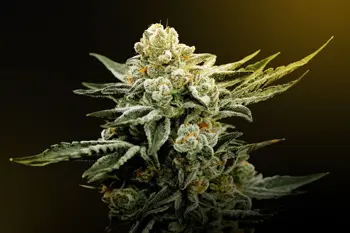
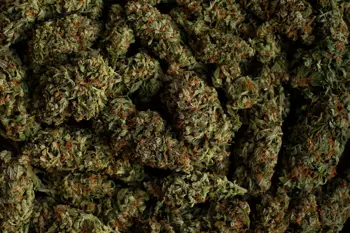
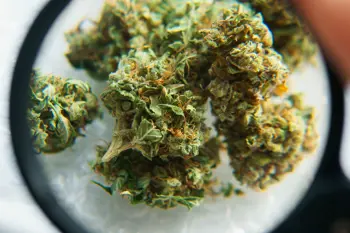
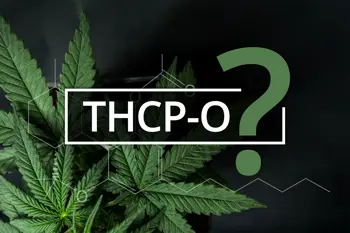
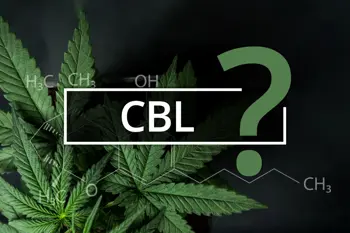
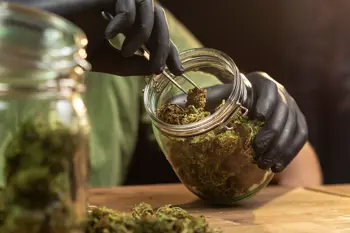
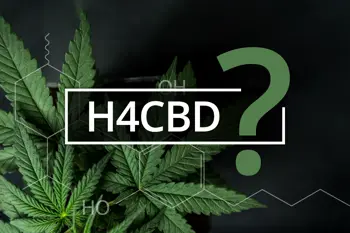
![Image for What Is THC-JD? Legality, Effects, Potency Explored [Update]](https://media.vaping360.com/images/what-is-thc-jd-thumbnail-20a40b517a.webp?imageType=Small)
